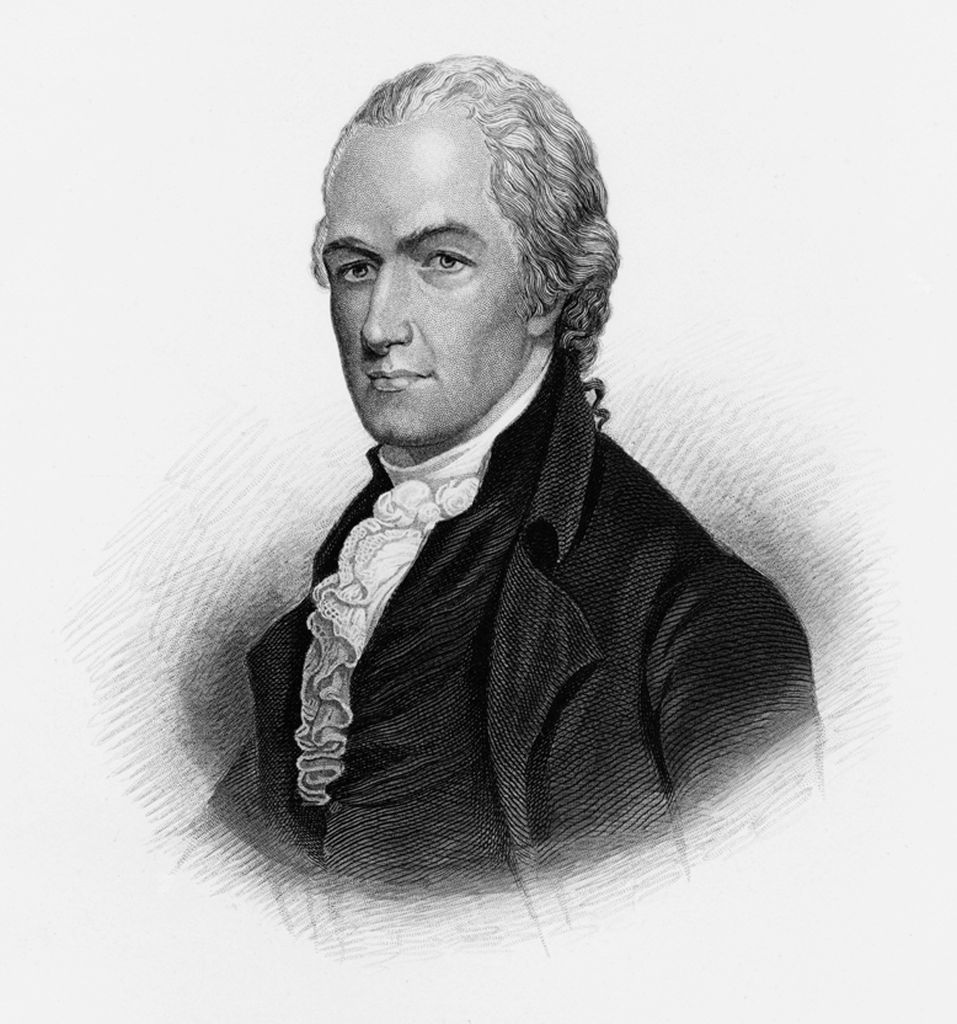National leaders face a polarized Congress. He passed major legislation that invested in his country's infrastructure and economy, but he has received little credit for his efforts. Instead, he has become a target for all-too-zealous political opponents, who are not shy about making all sorts of conspiratorial accusations about him.
Of course, it may sound like I'm writing about Joe Biden, but I'm not. Such a familiar and difficult situation befell one of our nation's earliest statesmen, Alexander Hamilton. Hamilton also persuaded Congress to make economically significant investments to grow the economies of emerging countries. He also found that his efforts were as fiercely opposed as those of Thomas Jefferson, who would later become the third president of the United States. And Hamilton's opponents have had no hesitation when it comes to fabricating charges against Hamilton and his family, as well as ridiculous slurs against President Biden and his son Hunter.
But as we discuss in our new book, How Government Built America, the similarities between Hamilton and Biden are more than a historical coincidence. From the nation's earliest days to the present, politicians who have called for such democratic intervention have always been at bitter odds with proponents of small government, as a strong economy has required government investment.
But the American economy was never the product of all governments or all markets. It has always been a complementary combination of both. Both were necessary to bring the country closer to its fundamental values of freedom, equality, fairness, and common good.
When George Washington appointed Hamilton as first secretary of the treasury, the country was desperately in debt, with approximately $75 million in debt that the states had borrowed to fight the Revolutionary War. Hamilton boldly proposed a plan to refinance the debt. His plan, like Lin-Manuel Miranda's musical of the same name, was a huge hit and saved the country and its fledgling economy.
In the spring of 2019, as the coronavirus shrank the economy, keeping people at home and shuttering businesses, the federal government stepped forward to save the economy. Just like it was done in Hamilton's time and during the New Deal.
Hamilton's role in the new federal government also included funding infrastructure such as roads and canals, protecting emerging industries, and creating financial regulations. Biden followed Hamilton's previous blueprint when the CHIPS and Science Act of 2022 invested $280 billion to subsidize domestic manufacturing of computer chips and billions of dollars in science and technology research. And the Federal Reserve's recent actions to raise interest rates to control inflation confirmed what Hamilton had long recognized about the need for the federal government to steer the economy.
Thomas Jefferson, who opposed Hamilton's plans for an active federal government, believed that the federal government was more likely to be corrupted by the influence of power and wealth than by keeping government local and close. .
However, the attack on Hamilton was not necessarily noble. In 1797, Hamilton's political opponents published a book accusing him of financial regulation and extramarital affairs with married women. The first accusation was not true, but the second was accurate. Hamilton was forced to publicly admit his extramarital affair to deny the false allegations.
From the days of Hamilton to the so far unsuccessful effort by House Republicans to link President Biden to allegations of financial fraud by his son Hunter, we learn that American politics hasn't changed all that much. It's a shame.
But there's an even more important lesson in American history: It's about people like Steve Bannon, who when he was President Donald Trump's White House chief strategist, vowed to fight every day to “dismantle the administrative state.” This is something that is deliberately ignored by small government advocates. Americans for Tax Reform founder Grover Norquist declared this in 2001: I just want to get it small enough that I can drag it into the bathroom and submerge it in the bathtub. ”
As we detail in our book, governments from the first presidential administration to the current administration have built this country by guiding markets. Despite the “anti-government rhetoric,” governments were and remain essential to achieving the financial stability and prosperity essential to upholding democratic values.
Sidney A. Shapiro is the Frank U. Fletcher Professor of Law at Wake Forest University, Joseph Tomaine is Dean Emeritus of the School of Law, and the Wilbert and Helen Ziegler Professor of Law. Both are member scholars of the Center for Progressive Reform.
Copyright 2024 Nexstar Media Inc. All rights reserved. This material may not be published, broadcast, rewritten, or redistributed.


